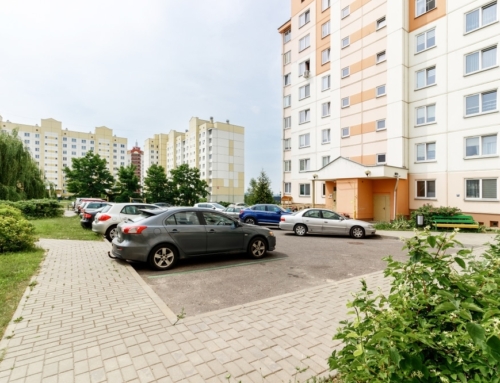I can’t afford my rent. The landlord told me to leave. Now what do I do?
This week’s question is a heart-breaking look at what happens when rental property is sold in a hot market and the investor raises the rent.
Q: I was renting a townhome when my landlord sold the property. I was paying $1,200 per month as a single parent with one kid. The new owner told me that the Realtor said he could charge me more money for rent. So he raised the rent on me because the Realtor told him he could.
I suppose the Realtor wanted the sale to go through in order to collect the commission. But the Realtor is hurting folks that can’t afford the rent! I can’t afford my rent. My job did not pay enough so I moved out. What can I do?
Housing prices are rising; rents are rising, too.
A: In today’s real estate market, it isn’t just housing prices that are rising – rents are rising, in some cases astronomically. That is making rents increasingly unaffordable for a larger number of Americans.
In 2020, a report from the Harvard Center for Joint Housing Studies found nearly one in four renters spent more than 50 percent of their income on housing. According to Stessa’s analysis of Census Bureau data, more than 16 percent of renters are behind on their rent. The number is higher for those renters who have only a high school diploma.
In your case, the Realtor likely tried to excite the buyer by sharing her perspective of the rental market, and how the property might be marketed as an investment property.
Did you have a lease? Your rent and rights as a tenant are spelled out there
But, nothing she said should have impacted your lease and the rent you were paying – if you had a lease. Did you? The important thing here is to understand your rights as a tenant. And, your lease agreement is the key to those.
When you decide to rent a property, the landlord should give you a lease document to sign. This document should outline what you’ll pay each month (or year) and for how long. Those are the two most important things that you should care about. Your lease should show that you had an agreement to pay $1,200 per month for one, two, or three years (or whatever term you and the landlord agreed to).
You and the landlord are bound by the lease agreement
Once you and the landlord sign that lease, you’re both bound by the terms of the agreement. The landlord shouldn’t be able to get out of the lease, and neither should you.
Having that executed lease agreement gives you protection and peace of mind that the rent you’ve agreed to pay will stay constant during the term of the agreement, even if the owner decides to sell the property. If the owner sells during the term of your lease, the new owner must abide by its terms. So, if you are one month into the lease and the owner sells, the new buyer must abide by the terms of the lease for the next eleven months, or until the term expires.
At the same time, you can’t sign a one year lease agreement and move out after a month. You and your landlord have a contract that each can enforce against the other for the agreed upon length of the lease.
On the other hand, if you don’t have a lease, you might simply be a month-to-month tenant and either you or the landlord can notify the other on one month’s notice of your wish to terminate the lease. This might have been what happened to you.
Your lease agreement or local landlord/tenant ordinance might limit future rent increases
Some municipalities have landlord tenant ordinances that require landlords to give tenants more time before the landlord can terminate the lease. In other circumstances, landlords might be limited in the amount they can increase the rent each year. You didn’t mention what city you live in, but your city or village hall can tell you if they have a landlord-tenant ordinance and what it says. Before you rent, you should read up on the leasing ordinances in the town where you rent your home, as they might give you additional protection that your lease document might not.
Real estate agents can tell investors the property could generate more income
Regarding the real estate agent sharing her opinion of the amount of rent the property could generate, well, that’s fair game. The seller is trying to justify the list price, and letting a prospective investor know what income the property could generate is part of what the agent is supposed to do. It is then up to the new owner to decide whether to raise the rent. And, it’s up to you, the tenant, to negotiate as good a deal as you can, or move elsewhere.
We understand that when rents go up, lower income people get hurt more than millionaires. And, moving is expensive – especially when you have kids and packing up means finding not only a new home but a new school and perhaps new babysitters, after school care, doctors and more.
What happened to you isn’t ideal. But, that’s the way our real estate market works. We’re sorry you were impacted by the sale of your property. And, we hope you were able to find a good alternative place to call home.
Read more about rents and investing in real estate:
I Can’t Afford My Rent
How to Invest in Real Estate Internationally
Using Retirement Money for Real Estate Investments
Renting a Home Without Seeing It
4 Reasons Renting May Be Better Than Buying
Sign up for Ilyce Glink’s Newsletter: Love, Money + Real Estate






Leave A Comment